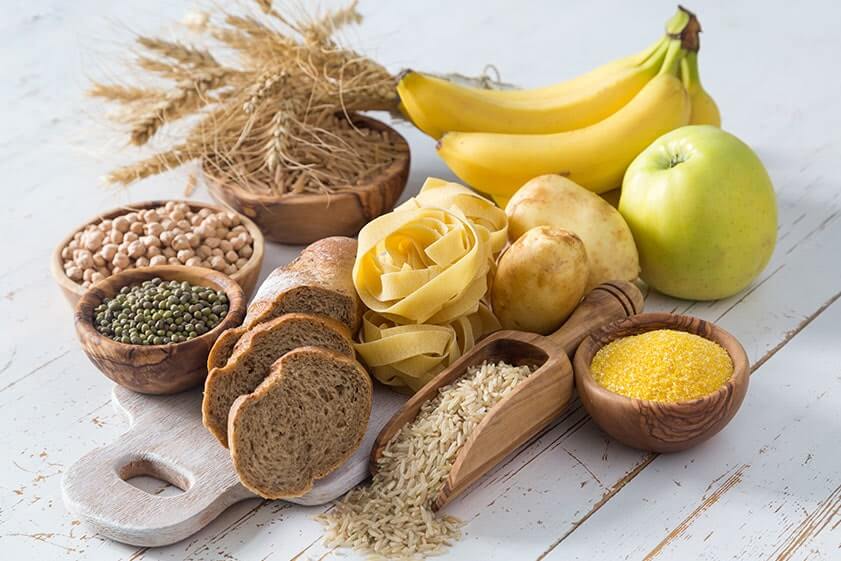As age catches up with us, we may find our metabolism rate slowing down and our digestive tract not working as efficiently as before. We then need to be mindful of what we consume to maintain a healthy weight.
Be it adding more fiber into our meals, attempting to reduce carbohydrate intake, or trying out the Mediterranean diet, eating a healthy, well-balanced diet is important for seniors! Consuming too much carbohydrate without being physically active or exercising over a prolonged period will lead to increased risks of cardiovascular diseases as well as weight gain for seniors. In the worst-case scenario, excess carbohydrate intake can result in serious health issues.
A study by Mayo Clinic reported that seniors with high carbohydrate and sugar levels in their diets are at higher risk of mild cognitive impairment – they may have trouble remembering things and making decisions on their own. Therefore, seniors ought to moderate their carbohydrate intake. In this article, we will touch on some tips that you and your loved ones can adopt to eat healthily.
Good Carbohydrate vs. Bad Carbohydrate
One thing to keep in mind is that not all carbohydrates are bad or harmful. Eliminating carbohydrates from your diet is not ideal as you might be putting yourself at a higher risk of nutritional deficiency if carbohydrates are not substituted with other foods. In fact, the U.S. Department of Health and Human Services has recommended that carbohydrates make up 45% to 65% of your daily calorie intake.
Complex carbohydrates are considered good carbohydrates as they have a low glycemic index. They are packed with nutrients, high in fiber, and take a longer time to digest as compared to simple carbohydrates. Examples of complex carbohydrates include oats, whole grains, and brown rice.
On the other hand, simple carbohydrates are the total opposites of complex carbohydrates. They have a high glycemic index which means they are easily digestible and will cause unhealthy spikes in blood sugar levels. When you consume simple carbohydrates, you’ll feel hungry easily and start to crave more sugary foods. Eating foods with a high glycemic index can lead to high blood pressure and other health issues over time. Examples of simple carbohydrates include pastries, white bread, and desserts.
Ways to Reduce Carbohydrate Intake
Reducing your carbohydrate intake does not mean that you’re banned from indulging in your favorite foods. By choosing to consume good carbohydrates, you can reap multiple health benefits. Here are some tips seniors can adopt to maintain a healthy and balanced diet.
- Eliminate sugary beverages – drinking unsweetened beverages and plain water helps to curb your sugary cravings.
- Substitute your carbohydrates with whole-grain – instead of rice, pasta, and white bread, try switching to brown rice or whole-grain carbohydrates that have a lower glycemic index.
- Increase fruits and vegetables in your diet – consuming fresh fruits instead of fruit jams, and having more greens on your plate is bound to fill you up. A plant-based diet will leave you with lesser room for carbohydrates.
- Prioritize the proteins – proteins such as lean meats, poultry, and fish help to make you feel full and requires more calories to digest. It also stimulates the production of insulin, which will slow down the digestion of carbohydrates.
It is normal to indulge in your favorite pizza or cookies from time to time. However, simple carbohydrates should never be part of your daily diet. Start forming good eating habits and enjoy the benefits of a healthy diet today!







